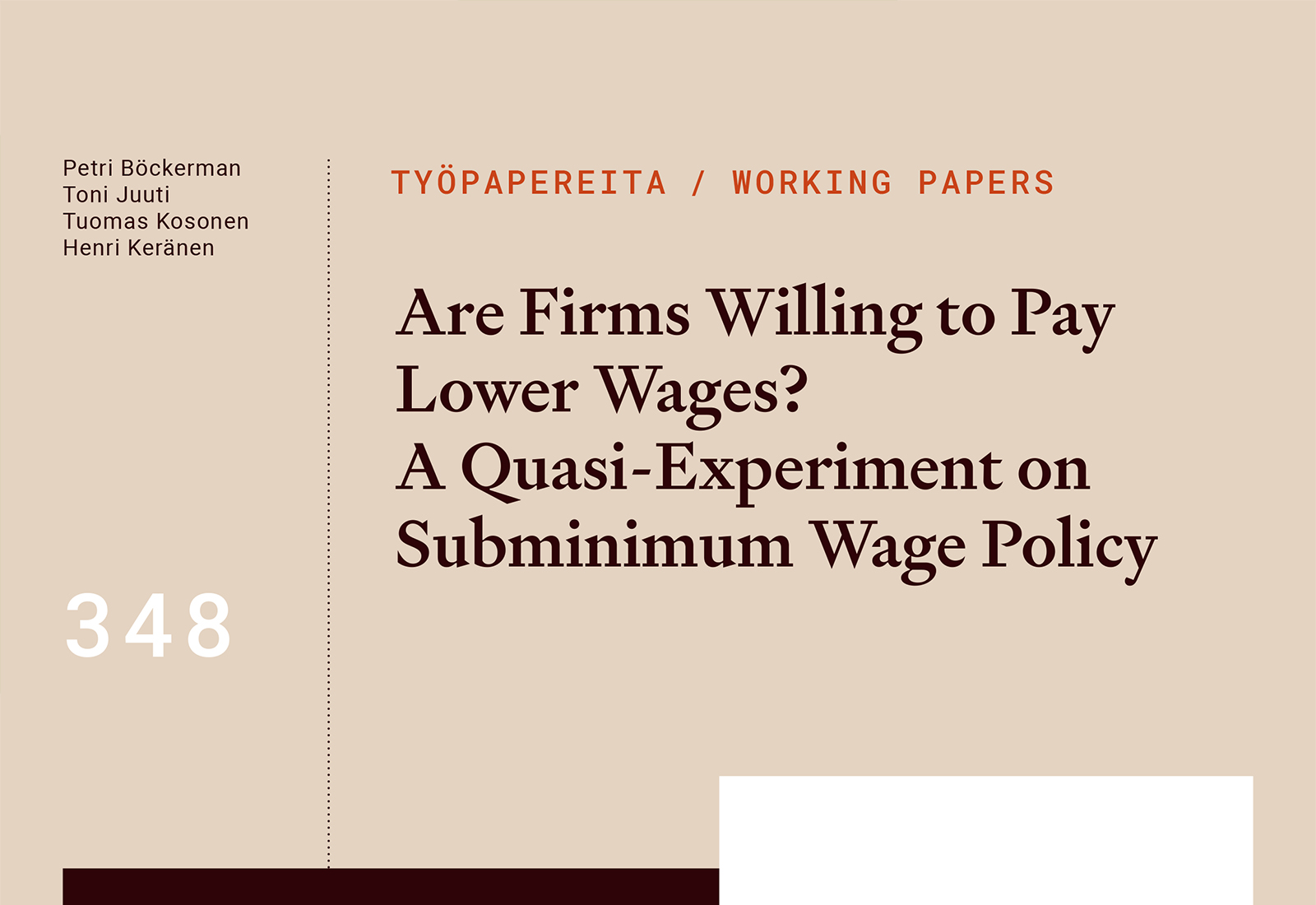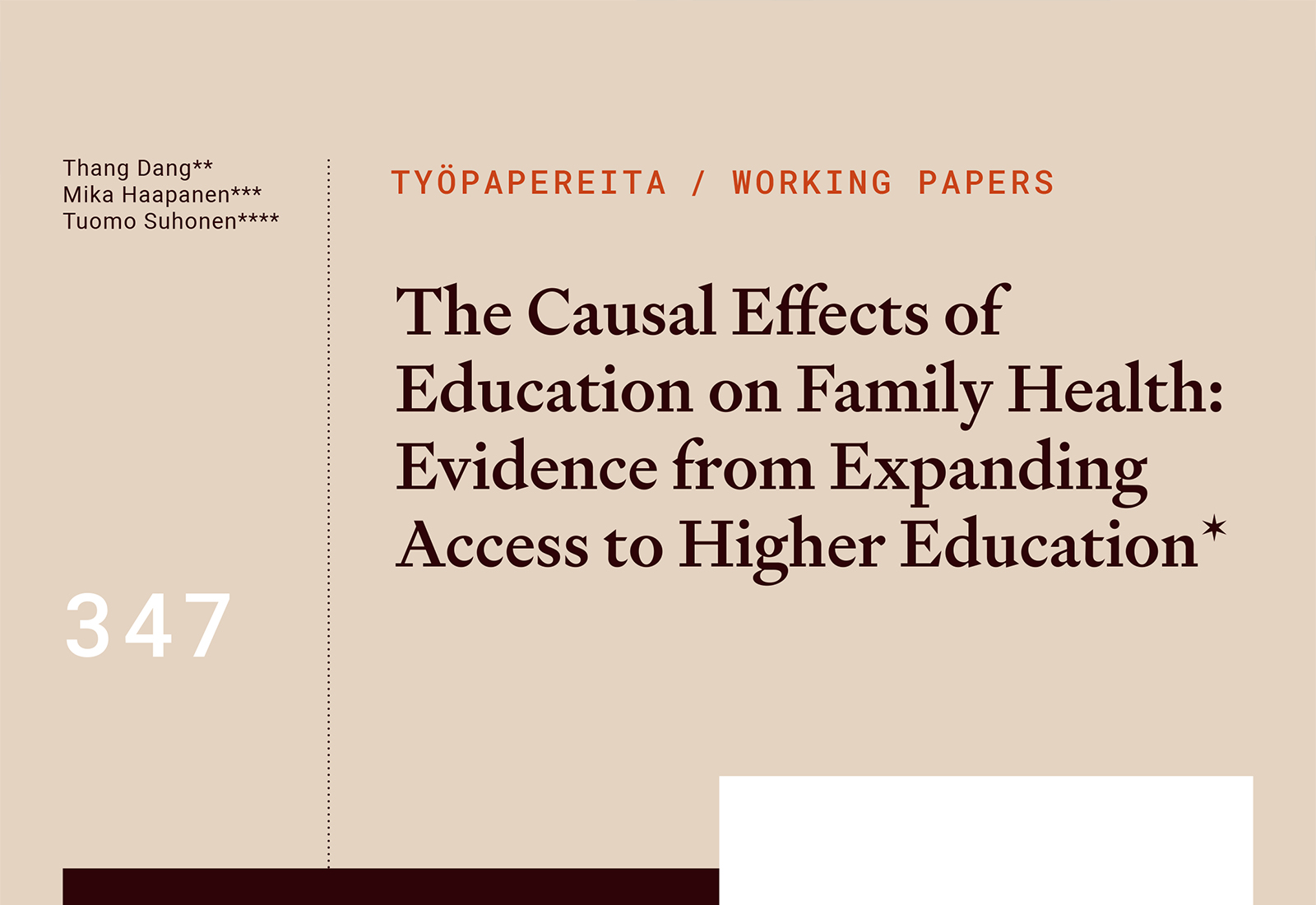Consumer Choice in an Evolutionary Perspective
Abstract
Mechanistic models in economics refer to representations of the newtonian dynamics of physical systems. The representation of systems as deterministic and reversible requires that systems do radically new. The complexity paradigm challenges this view in its emphasis on radical novelty of (physical) systems. The issue in this paper i whether these new insights into the behavior of natural systems have relevance to economics. The central starting point of the complexity paradigm is the macro-level self-organization of open systems, a property which is a consequence of the non-linear interactions between componets of micro-level. This framework emphasizes system´s sensitivity to initial conditions and structural variation. Thus, the possible relevance of the compelexity paradigm to economics depents on the choice of two basic premises: a) Are there two-way interactions between economic actor´s functions (cf. choices) and structures (cf. prererences)? b) Can we assume that the inner and outer structures of an economic actor possess their own dynamics? For example, can we assume that there are contradictions and differentiated levels in a state of interdependency within psychic and social structures.The paper answers positively. Both modern behavioral science and modern society are favourable for this “Prigoginean” interpretation.
- ISSN: 0357-9603
- ISBN: 951-9281-74-6


